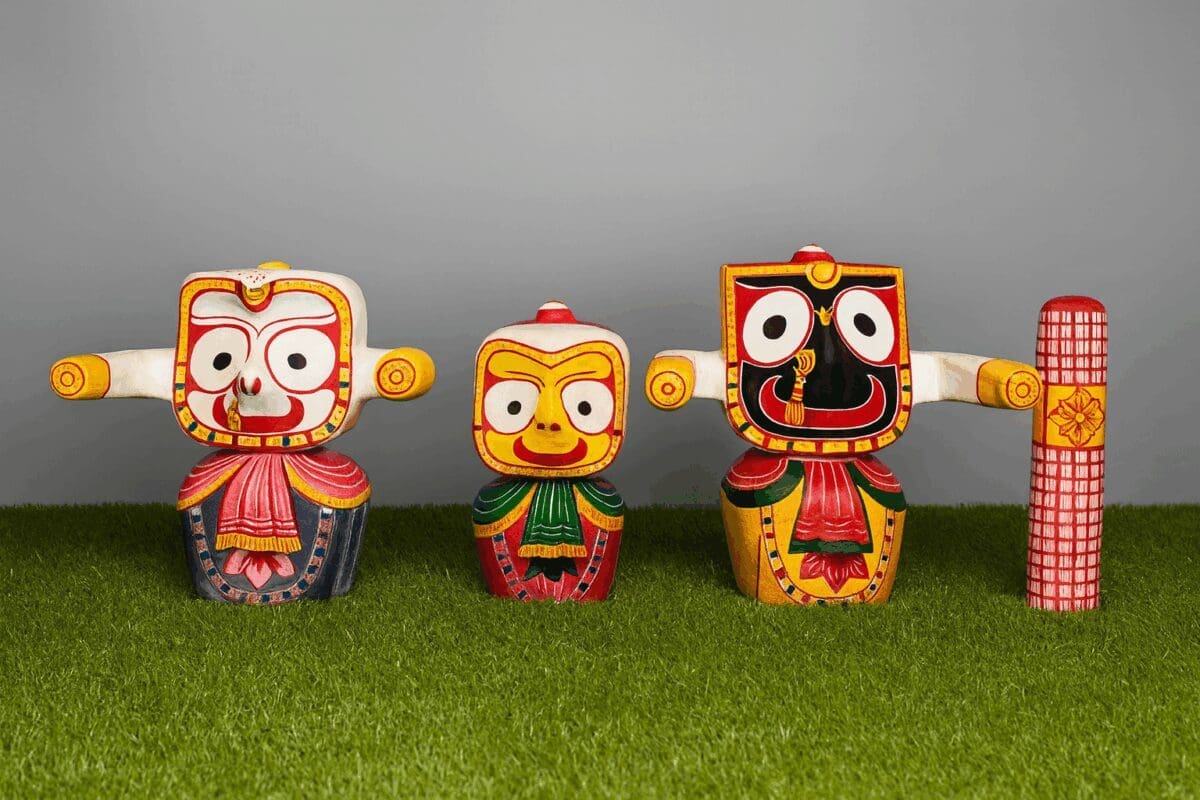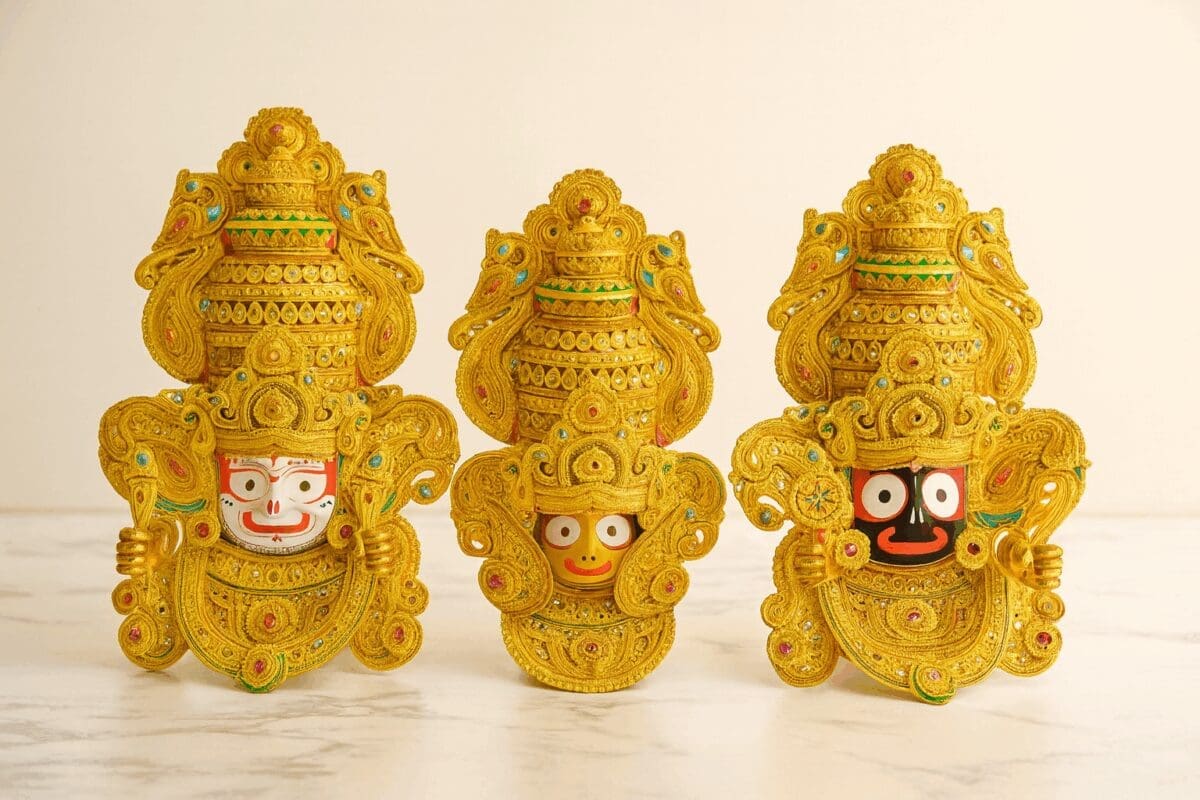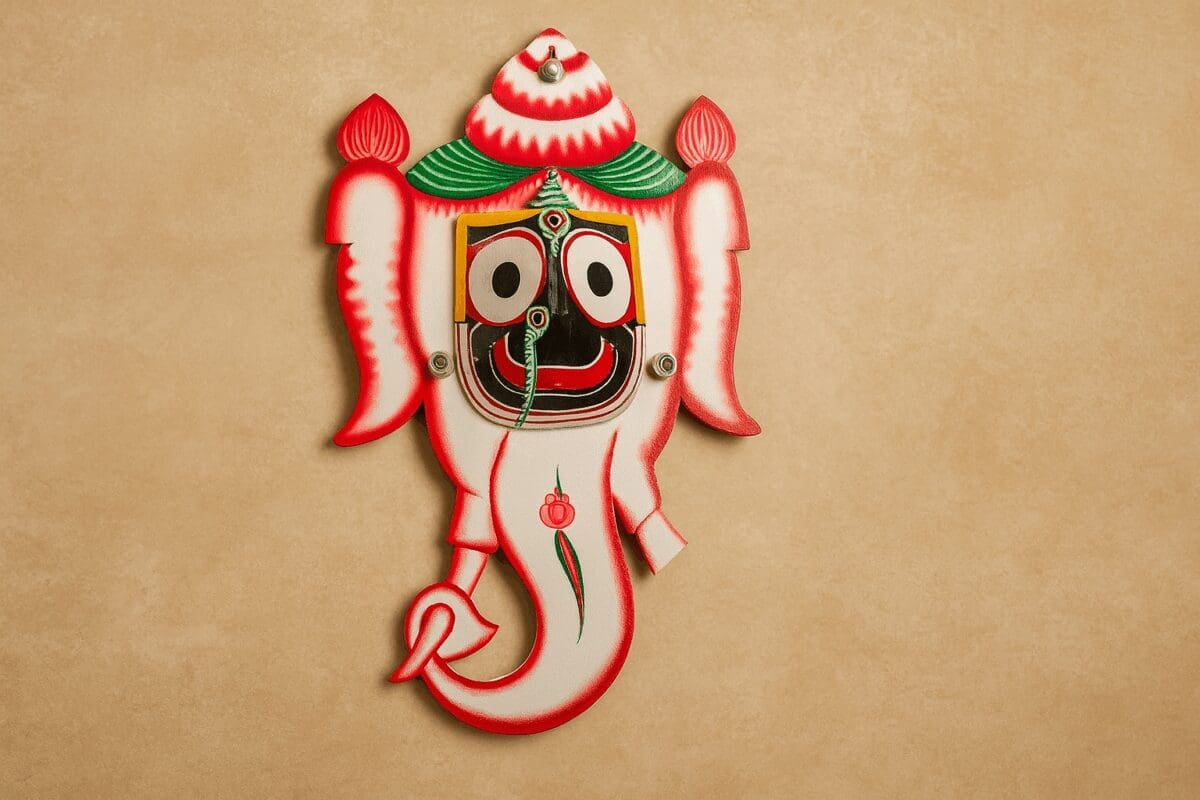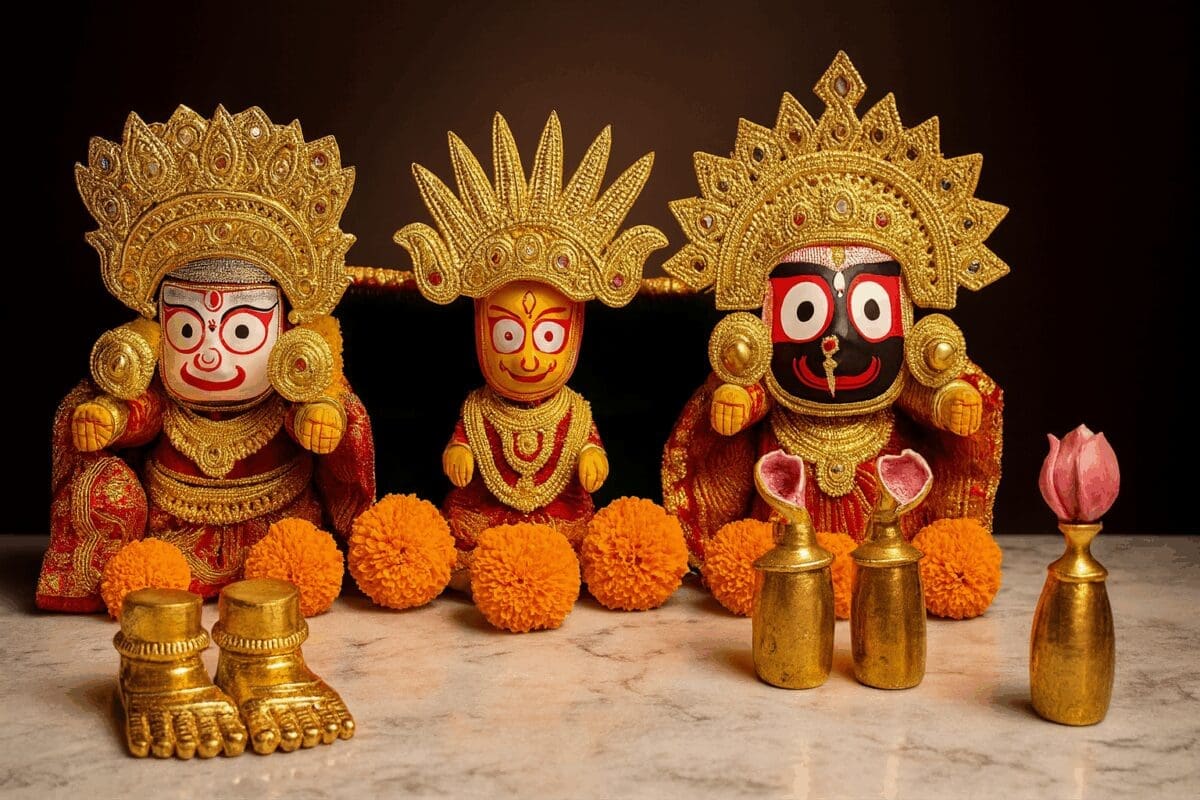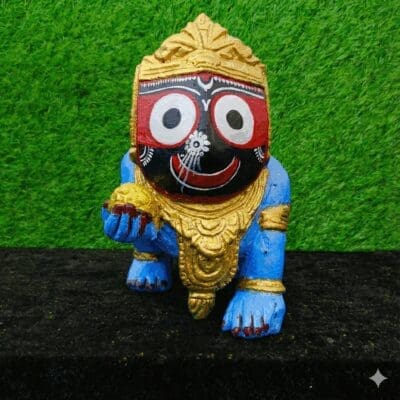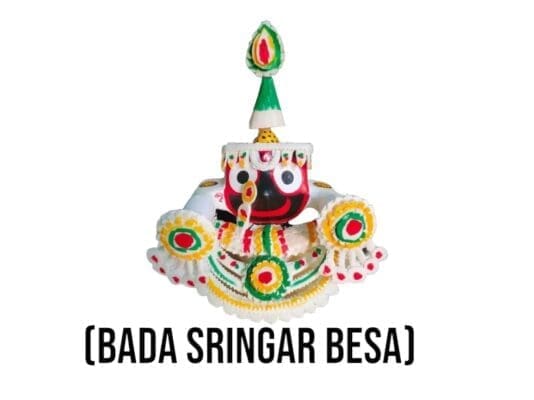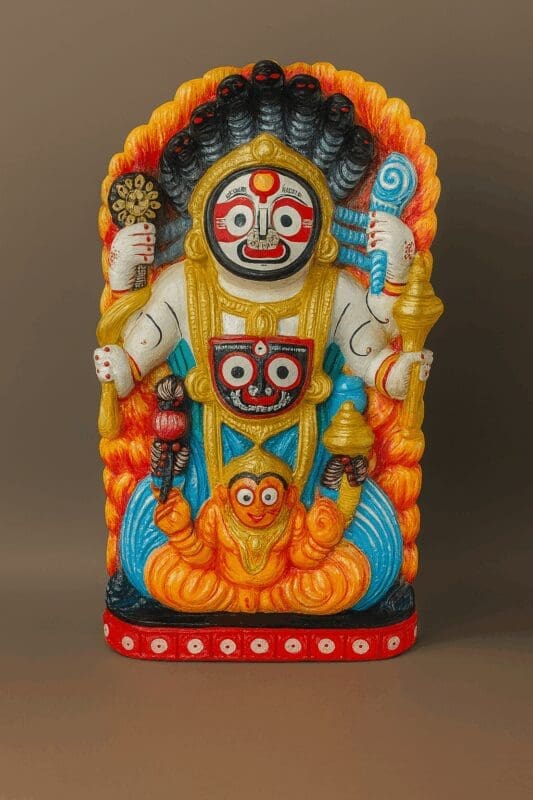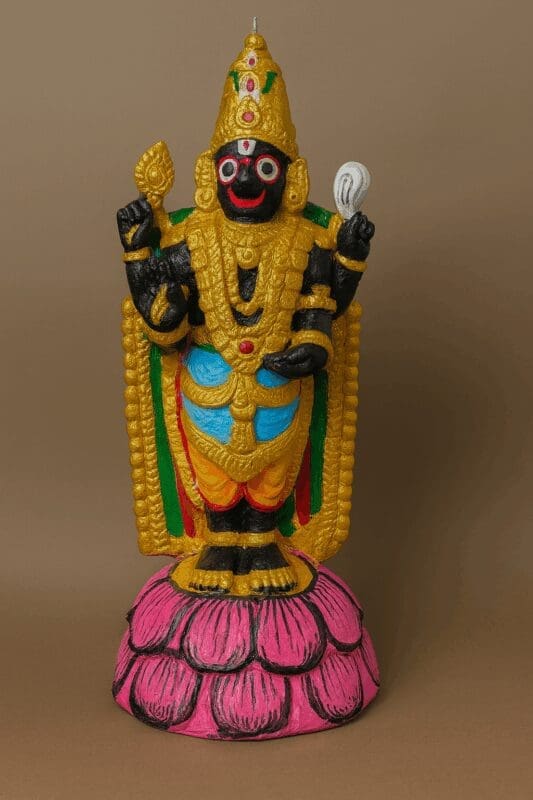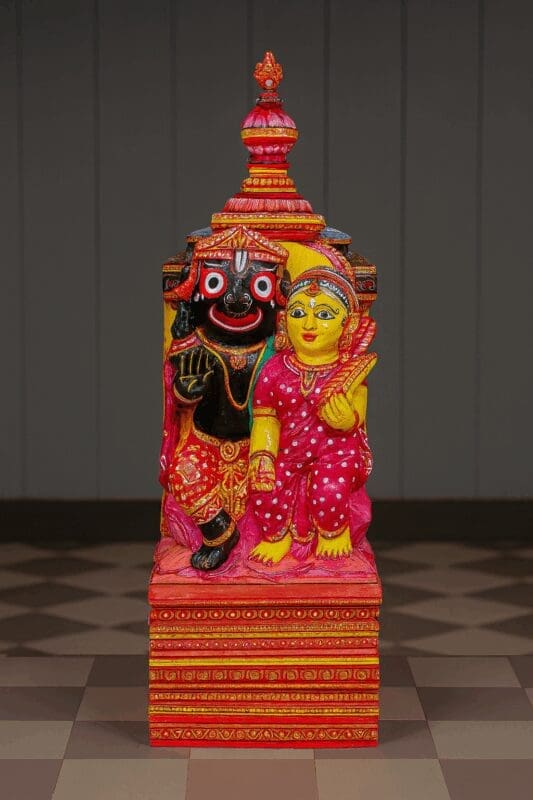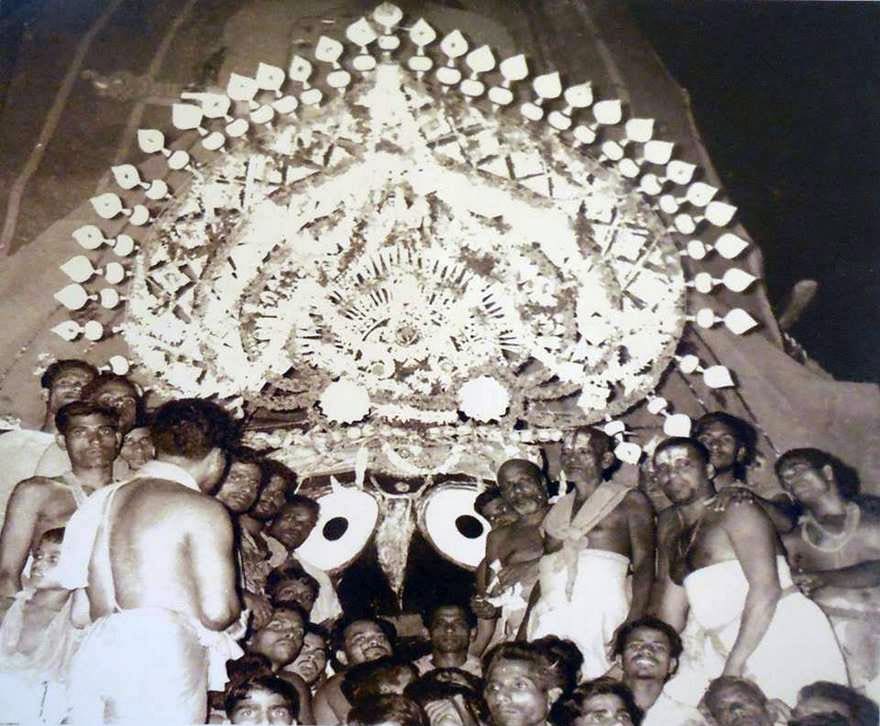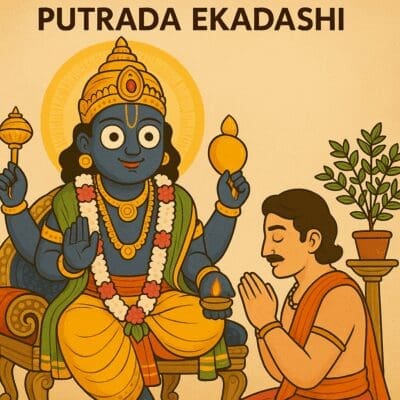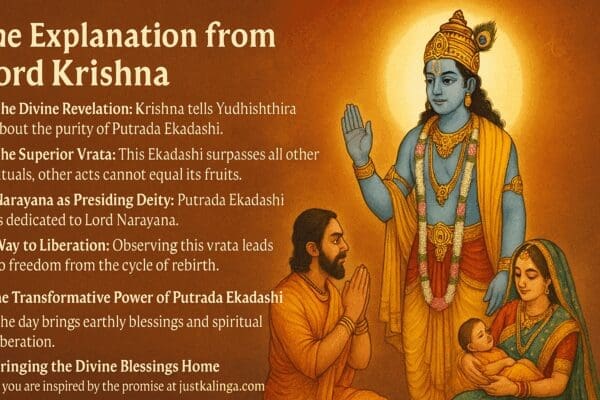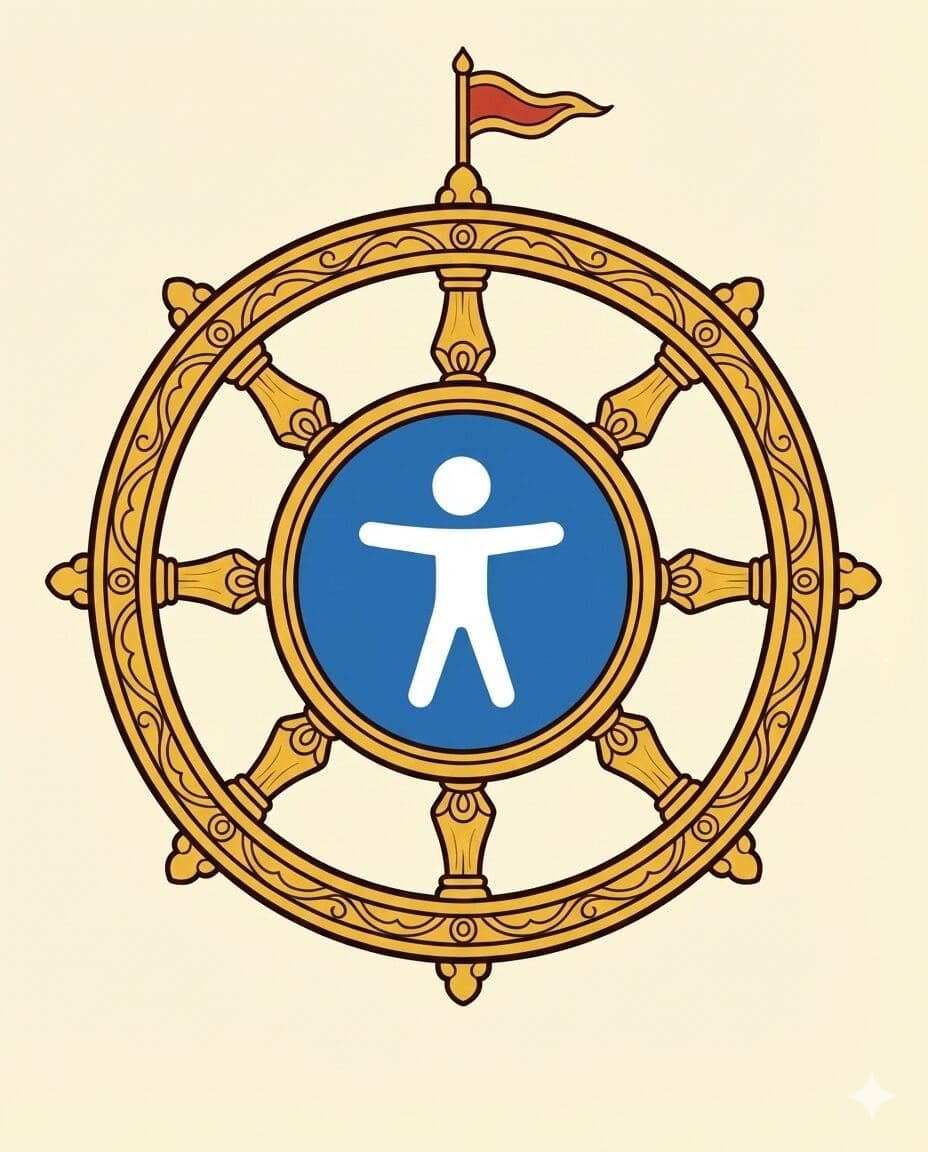Articles
Understanding Putrada Ekadashi and its Significance
In the Hindu tradition, certain days are considered particularly auspicious for seeking specific blessings. Putrada Ekadashi, observed on the Shukla Paksha Ekadashi (eleventh day of the bright fortnight) in the month of Pausha, is one such day. It is associated with Lord Vishnu, and devotees observe this fast seeking blessings for progeny (children). Let’s delve into the story, rituals, and spiritual significance of this sacred Ekadashi.
The Significance of Putrada Ekadashi
The text explains that Putrada Ekadashi is an auspicious occasion for devotees to worship Lord Vishnu in his Narayana form. It highlights that those who observe this fast, with utmost devotion, can be blessed with children and have their sins absolved. This Ekadashi is considered especially powerful in fulfilling the desire for a virtuous and blessed lineage.
Practices and Observances
-
Fasting and Vigil: Devotees observe a fast and remain awake through the night, praying and chanting the Lord’s name.
-
Worship: They worship Lord Narayana by offering fruits like coconuts, bananas, and amla (Indian gooseberry), along with incense and lamps.
-
Tulsi: It’s believed that offering Tulsi leaves to Lord Narayana during this time is especially auspicious.
-
Parana: The fast is broken the next day, with prasada (blessed food).
The Story of King Suketuman
The significance of Putrada Ekadashi is highlighted through the story of King Suketuman of Bhadravati Puri, a righteous ruler who was distressed because he had no son.
-
The King’s Distress: King Suketuman and his wife, Champa, were deeply saddened by their childlessness. The king embarked on a solitary journey into the forest in search of peace.
-
Encounter with the Vishwadevas: In the forest, he found a group of sages by a lake. These sages were the Vishwadevas, who had come to bathe at the sacred lake, before observing the sacred month of Magha. They informed him that he had stumbled upon the Putrada Ekadashi and that if he followed the rituals of the day, he would be blessed with a son.
-
The Fast and its Blessings: Following the sage’s advice, the king fasted on Putrada Ekadashi and observed all the rituals. He then broke his fast the next day and returned home. By the grace of Lord Keshava, Queen Champa conceived and gave birth to a virtuous and glorious son.
- Putrada Ekadashi
The Explanation from Lord Krishna
Yudhishthira’s questions to Lord Krishna about Putrada Ekadashi elicit a detailed response:
-
The Divine Revelation: Krishna tells Yudhishthira that Putrada Ekadashi is a secret, and reveals its importance because of his love for him. It is a very pure, powerful, and meritorious practice.
-
The Superior Vrata: He says that Putrada Ekadashi surpasses all other rituals, as he is the main deity to be worshipped on this occasion. All other pilgrimages and acts of charity cannot equal the fruits of this vrata.
-
Narayana as Presiding Deity: The presiding deity of this Ekadashi is Lord Narayana, who is the giver of liberation and prosperity.
-
Way to Liberation: Those who follow this vrata, are sure to gain liberation and become free from the cycle of birth and death.
The Transformative Power of Putrada Ekadashi
Through the story of King Suketuman and the teachings of Lord Krishna, the importance of Putrada Ekadashi becomes evident. It’s a day not just to pray for children, but also to surrender to the divine, and to purify the soul. The observance of Putrada Ekadashi is a pathway to both earthly blessings and spiritual liberation. It teaches us the power of devotion and also the divine blessings that result from it.
Bringing the Divine Blessings Home
If you are inspired by the promise of progeny and the devotion associated with Putrada Ekadashi, explore the handcrafted items at justkalinga.com. With worldwide shipping, you can bring a piece of this spiritual tradition and its blessings into your own home.
Power of Putrada Ekadashi
Jai jagannath 😊🙏
https://justkalinga.com/wp-admin/post.php?post=17368&action=edit&classic-editor


